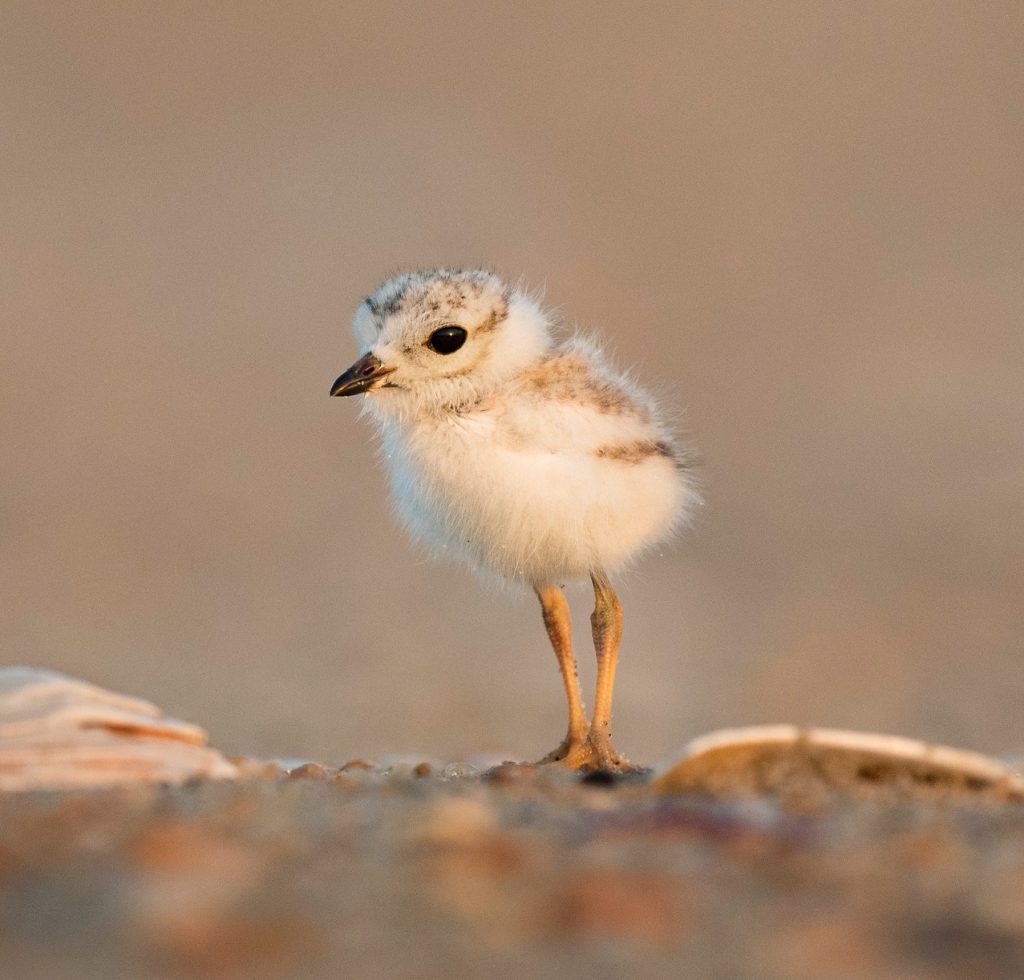As the weather gets warmer and so do the critters’ affections, we’re about to experience a multitude of babies! Spring is a’comin’, and we should all be prepared!
You’re playing/gardening/napping outside, and you spot a baby deer/squirrel/bunny/bird! You watch for a minute, and he looks all alone… he’s awful cute, and you start to worry. “How do I help this precious fluff?” you ask.
Let’s start with what NOT to do:
- DON’T pick Baby up, unless he is injured and you need to bring him to the vet (keep reading to find out how to decide!)
- DON’T move Baby someplace that seems “safer” – like under a bush, or into your house
- DON’T let your cat or your dog outside!
- DON’T chase Baby!
- DON’T bring Baby into your house and keep him – if Baby isn’t hurt, his best chance for survival is to be outside with his mother, and if Baby IS hurt, he won’t get better on his own and needs to be brought to a veterinarian or rehabilitator. In addition, in New York State, it is illegal for the public to keep native wildlife! Time is of the essence when it comes to caring for these babies, so it’s very important that you decide quickly whether they might need help (or call us, and let us help you decide!) and either get them back outside with their mothers, or bring them in to us 🙂
Here are some simple guidelines for how you can help:
FAWNS
If you spot a fawn (get it? SPOT!), there are some things you should know! Momma only comes around in the early dawn and the late dusk to feed Fawn. Fawns don’t smell like anything on their own, so Momma avoids them, and predators can’t find them! Momma has trained the fawn to LAY STILL AND WAIT. If you see a fawn lying quietly in some bushes or a field, and Momma is nowhere to be seen – this is normal!
- How to tell if he’s in trouble:
- If Fawn is walking around and yelling
- If Fawn is standing near a deceased Momma
- If Fawn has an obvious injury (big cut, limping)
SQUIRRELS
If you notice a small squirrel running about your yard, and he runs over to you, he is probably normal! Baby doesn’t become afraid of people until later. Leave him where he is.
- How to tell if he’s in trouble:
- If Squirrellet is obviously hurt (big cut, not using one of his feet)
- If Squirrellet has been attacked by a cat
- If Squirrellet is lying on the ground, not moving around
- If Squirrellet has his eyes closed and has no fur (how old is he? click here!)
BUNNIES
If you see a baby bunny hopping about, he’s probably OK. If you are walking around your yard (or your dog is digging), and you find a nest of babies, they’re probably OK! Just like deer, Momma will avoid those babies unless she is feeding them. Cover them back up to keep them warm, and leave them be!
- How to tell if he’s in trouble:
- If a cat has touched BunBaby
- If the dog has dug up a BunBaby nest and one of them has an injury
- If BunBabies are cold (go ahead and touch one to make sure, Mom won’t care… but don’t move them!)
BIRDS
If you see a fluffy little bird hopping around your yard, and he’s got feathers but they look stumpy, and he’s got little tufts poking out of his head, he’s OK! At this age, birds start adventuring, and Momma watches from nearby and brings them food. He might look unbalanced or unsteady as he hops around – he’s just learning!
- How to tell if he’s in trouble:
- If Fluff has an obvious wound (big cut, his wing is dragging)
- If you’ve been watching for a FULL DAY and haven’t seen any Momma come to feed Fluff
- If Fluff is mostly naked and doesn’t have many feathers
- If Fluff is lying on his side and isn’t moving
- If you saw Fluff fall from the nest
What if Baby IS hurt, or if you’re still not sure if something is wrong?
- Call the 24-hour hotline Cornell University Hospital for Animals (CUHA) at 607-253-3060 and ask for the Wildlife Health Center! We have student Wildlife Technicians and veterinarians on call at ALL TIMES, to answer any of your questions. We can help you decide if Baby is hurt, if Baby needs to be picked up or brought in to us, or, if you’re too far away from Cornell to drive to us, we can help you find a rehabilitator in your area. All of us are here to help, and all of us want these babies to be OK!
- Or, call a DEC Rehabilitator by clicking HERE and searching for someone in your area
- Or, visit AnimalHelpNow (also available on iPhone or Android), which helps you search for wildlife rehabilitators in your area
Have any non-urgent questions about baby animals? Send us an email at wildlifecornell@gmail.com – and we can also update this post to reflect your questions 🙂
ABOUT THE AUTHOR
Emily MacArthur is a second year Cornell veterinary student, student wildlife technician, and certified wildlife rehabilitator.

